Book Reviews
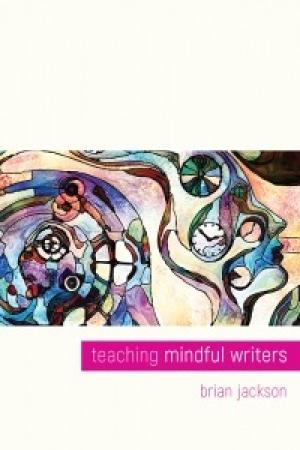
Teaching Mindful Writers introduces new writing teachers to a learning cycle that will help students become self-directed writers through planning, practicing, revising, and reflecting. Focusing on the art and science of instructing self-directed writers through major writing tasks, Brian Jackson helps teachers prepare students to engage purposefully in any writing task by developing the habits of mind and cognitive strategies of the mindful writer. Relying on the most recent research in writing studies and learning theory, Jackson gives new teachers practical advice about setting up writing tasks, using daily writing, leading class discussions, providing feedback, joining teaching communities, and other essential tools that should be in every writing teacher’s toolbox. Teaching Mindful Writers is a timely, fresh perspective on teaching students to be self-directed writers. (From the Publisher)
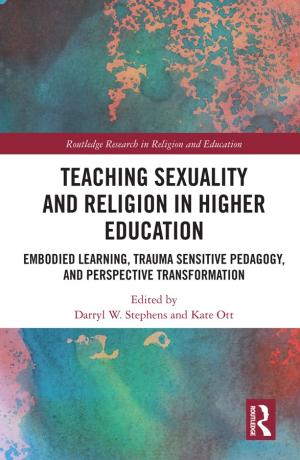
This volume combines insights from secular sexuality education, trauma studies, and embodiment to explore effective strategies for teaching sexuality and religion in colleges, universities, and seminaries. Contributors to this volume address a variety of sexuality-related issues including reproductive rights, military prostitution, gender, fidelity, queerness, sexual trauma, and veiling from the perspective of multiple religious faiths. Christian, Jewish, and Muslim scholars present pedagogy and classroom strategies appropriate for secular and religious institutional contexts. By foregrounding a combination of "perspective transformation" and "embodied learning" as a means of increasing students’ appreciation for the varied social, psychological, theological and cultural contexts in which attitudes to sexuality develop, the volume posits sexuality as a critical element of teaching about religion in higher education. This book will be of great interest to graduate and postgraduate students, researchers, academics, and libraries in the fields of Religious Studies, Religious Education, Gender & Sexuality, Religion & Education, and Sociology of Religion. (From the Publisher)
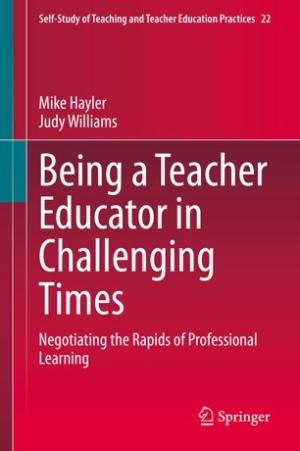
Being a Teacher Educator in Challenging Times: Negotiating the Rapids of Professional Learning (PDF)
This book presents a duoethnographic exploration and narrative account of what it means to be a teacher educator today. Adopting a narrative approach, the book presents different personal, political and institutional perspectives to interrogate common challenges facing teacher education and teacher educators today. In addition, the book compares and contrasts the teacher education landscapes in Australia and the UK and addresses a broad range of topics, including the autobiographical nature of teacher educators’ work, the value of learning from experience, the importance of collegiality and collaboration in learning to become a teacher educator, and the intersection of the personal, professional and political in the development of teacher educator pedagogies and research agendas. Each chapter combines personal narratives and research-based perspectives on the key dimensions of teacher educators’ work that can be found in the literature, including self-study research. Readers will gain a better understanding of the processes, influences and relationships that make being a teacher educator both a challenging and rewarding career. Accordingly, the book offers a valuable asset for university leaders, experienced and beginning teacher educators, and researchers interested in the professional learning and development of teacher educators. (From the Publisher)
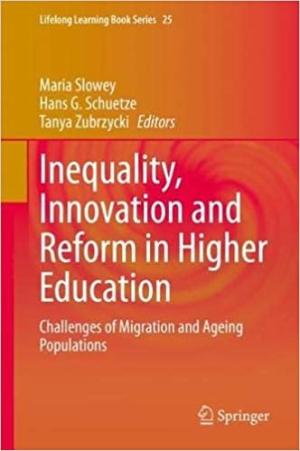
An important backdrop to the achievement of the Millennium Development Goals involves consideration of the impact of a ‘new demographics’ derived from the interaction of two global developments. First, high levels of internal and cross-border mass migration, stimulated by climate change, violence and disparities in wealth and social stability within and between different countries and the global South and North. Second, the phenomenon of increasing longevity and rapidly ageing populations, especially in the developed world. This book explores the central role that socially engaged higher education might potentially play in helping address these challenges, enhancing lifelong learning opportunities and facilitating more positive outcomes for both individuals and societies. The contributors to this book are scholars of higher education and lifelong learning based in twelve countries from Europe (Germany, Ireland, Slovenia, Sweden and the United Kingdom), the Americas (Brazil, Canada, Mexico and the USA), Japan, Australia and New Zealand. (From the Publisher)
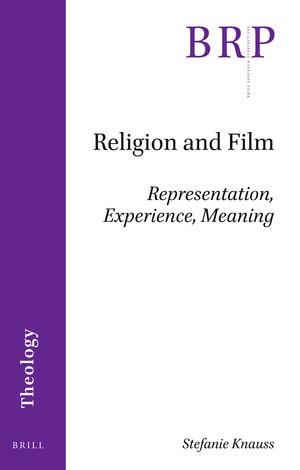
Is cinema evil, or sacramental? Can films make theological contributions? Can film-viewing be a religious practice? How do films, values and power interact? The study of film and religion engages a range of diverse questions through different approaches and methods. In this contribution, I distinguish three complementary approaches. In the first part, I discuss those that focus on the film as text, the representation of religion in film, and how theology happens in film. The next section will broaden this perspective by taking into consideration how films affect audiences, and how the relationship between film and audience might have religious dimensions or serve religious functions. In the third part, attention to the text and the audience are combined with the consideration of both film and religion as agents in cultural processes in order to think about how film and religion are shaped by and shape value systems and ideologies. In the last section I will begin to tackle the difficult question of theory and method. I consciously postpone this part until the end because, in many cases, methodologies and theoretical frameworks are implied in and emerge from concrete case studies rather than being consciously reflected upon. This final section has two goals: it will make explicit some of these underlying assumptions to serve as a starting point for a more sustained reflection on the theories and methodologies of the field, and it will highlight some of the pitfalls we encounter if we are not methodologically and theoretically precise in our work. (From the Publisher)
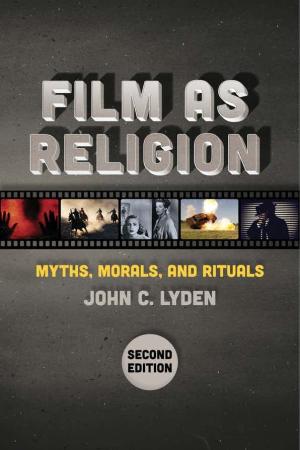
The first edition of Film as Religion was one of the first texts to develop a framework for the analysis of the religious function of films for audiences. Like more formal religious institutions, films can provide us with ways to view the world and the values to confront it. Lyden argues that the cultural influence of films is analogous to that of religions, so that films can be understood as representing a “religious” worldview in their own right. Thoroughly updating his examples, Lyden examines a range of film genres and individual films, from The Godfather to The Hunger Games to Frozen, to show how film can function religiously. (From the Publisher)
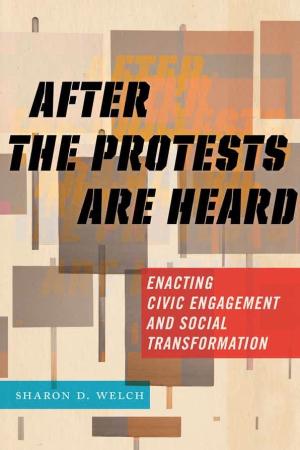
From the Women’s March in D.C. to #BlackLivesMatter rallies across the country, there has been a rising wave of protests and social activism. These events have been an important part of the battle to combat racism, authoritarianism, and xenophobia in Trump’s America. However, the struggle for social justice continues long after the posters and megaphones have been packed away. After the protests are heard, how can we continue to work toward lasting change? This book is an invaluable resource for anyone invested in the fight for social justice. Welch highlights examples of social justice work accomplished at the institutional level. From the worlds of social enterprise, impact investing, and sustainable business, After the Protests Are Heard describes the work being done to promote responsible business practices and healthy, cooperative communities. The book also illuminates how colleges and universities educate students to strive toward social justice on campuses across the country, such as the Engaged Scholarship movement, which fosters interactions between faculty and students and local and global communities. In each of these instances, activists work from within institutions to transform practices and structures to foster justice and equality. After the Protests Are Heard confronts the difficult reality that social change is often followed by spikes in violence and authoritarianism. It offers important insights into how the nation might more fully acknowledge the brutal costs of racism and the historical drivers of racial injustice, and how people of all races can contain such violence in the present and prevent its resurgence in the future. For many members of the social justice community, the real work begins when the protests end. After the Protests Are Heard is a must-read for everyone interested in social justice and activism – from the barricades and campuses to the breakrooms and cubicles. (From the Publisher)
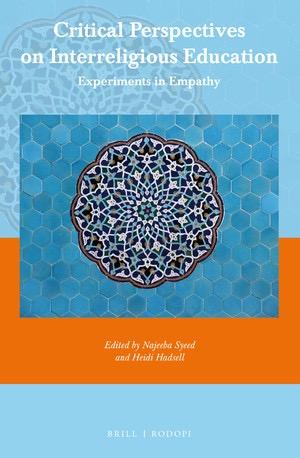
The editors of Experiments in Empathy: Critical Reflections on Interreligious Education have assembled a volume that spans multiple religious traditions and offers innovative methods for teaching and designing interreligious learning. This groundbreaking text includes established interreligious educators and emerging scholars who expand the vision of this field to include critical studies, decolonial approaches and exciting pedagogical developments. The book includes voices that are often left out of other comparative theology or interreligious education texts. Scholars from evangelical, Muslim, Catholic, Protestant, Jewish, religiously hybrid and other background enrich the existing models for interreligious classrooms. The book is particularly relevant at a time when religion is so often harnessed for division and hatred. By examining the roots of racism, xenophobia, sexism and their interaction with religion that contribute to inequity the volume offers real world educational interventions. The content is in high demand as are the authors who contributed to the volume. (From the Publisher)
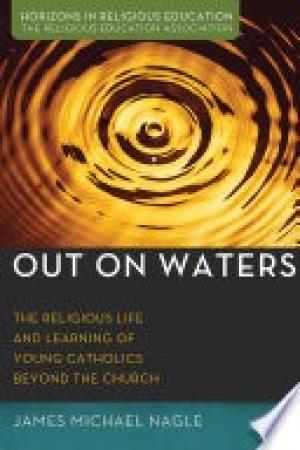
For a denomination like Roman Catholicism that is canonically difficult to leave, many American Catholics are migrating beyond the institution’s immediate influence. The new religious patterns associated with this experience represent a somewhat cohesive movement influencing not just Catholicism, but the whole of North American religion. Careful examination of the lives of disaffiliating young adults reveals that their religious lives are complicated. For example, the assumption that leaving conventional religious communities necessarily results in a non-religious identity is simplistic and even, perhaps, misleading. Many maintain a religious worldview and practice. This book explores one “place” where the religiously-affiliated and religiously-disaffiliating regularly meet—Catholic secondary schools—and something interesting is happening. Through a series of ethnographic portraits of Catholic religious educators and their disaffiliating former students, the book explores the experience of disaffiliation and makes its complexity more comprehensible in order to advance the discourse of fields interested in this significant movement in religious history and practice. (From the Publisher)
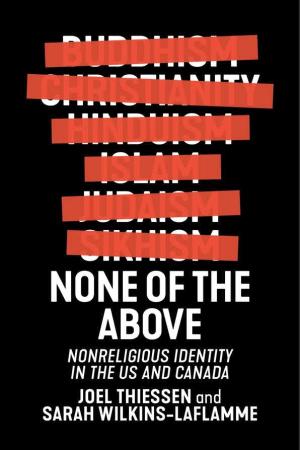
Almost a quarter of American and Canadian adults are nonreligious, while teens and young adults are even less likely to identify religiously. None of the Above explores the growing phenomenon of “religious nones” in North America. Who are the religious nones? Why, and where, is this population growing? While there has been increased attention on secularism in both Europe and the United States, little work to date has focused on Canada. Joel Thiessen and Sarah Wilkins-Laflamme turn to survey and interview data to explore how a nonreligious identity impacts a variety of aspects of daily life in the US and Canada in sometimes similar and sometimes different ways, offering insights to illuminate societal and political trends. With numbers of nonreligious people even higher in Canada than in the US, some believe that secular currents to the north foreshadow what will happen in the US. None of the Above asserts that a growing divide between religious and nonreligious populations could engender a greater distance in moral and political values and behaviors. At once provocative and insightful, this book tackles questions of coexistence, religious tolerance, and spirituality, as American and Canadian society accelerate toward a more secular future. (From the Publisher)